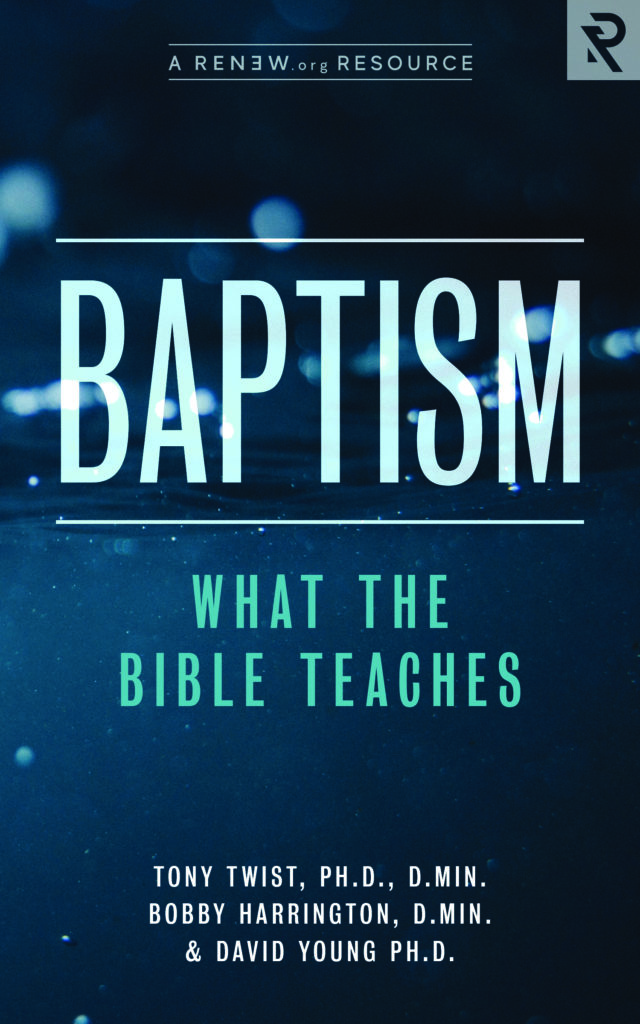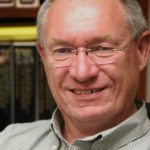
Why Wonder
Predictable.
Often times, our worship services are predictable.
Before addressing the glaringly bad side of predictability, let’s first acknowledge the good side. Sunday after Sunday, it’s comforting to know what to expect so we’re not taken aback by the uncertainty of an unknown expression of worship.
You’ve probably been in that position where you’ve invited a friend to your church for the first time only to find you have a guest preacher. That single variable immediately ignites a spark which sometimes launches the “fear rocket” into the stratosphere; especially when you find out the topic of the sermon is same-sex attraction. 3…2…1…blast off!
Some predictability is good.
We’ve also been lulled to sleep in the predictability of the same elements, presented the same way, in the same order, on the same day of the week, at the same time. Same bat-time. Same bat-channel. Where’s Adam West when you need him?
And yet, as worship leaders, we have the privilege and responsibility to facilitate moments of wonder.
One of the most effective ways to disciple our people to grow in their commitments to Jesus is to cast a large vision of Jesus; a grand picture of our King of Majesty. I would argue that there are two things we need in our worship services on a consistent basis to help facilitate a greater sense of wonder: gratitude and space.
Gratitude is the road to wonder.
If your worship services have become stale and flat, find ways to incorporate gratitude and thankfulness into each service.
“It is good to give thanks, to sing praises to Your name, O Most High” – Psalm 92:1.
“Praise the Lord! I will give thanks to the Lord with my whole heart, in the company of the upright, in the congregation” – Psalm 111:1.
G.K. Chesterton said, “Gratitude is happiness doubled by wonder.” And the Scriptures reveal that gratitude is the solution for so many of the things that keep our people from genuine worship.
Ephesians 5:1-4 shows that gratitude is the solution for immorality. Each time we gather in worship, we bring our baggage with us. This blinds our eyes from seeing the majesty of God and responding in fully abandoned worship. The Apostle Paul instructs us that instead of sexual immorality, impurity, greed, filthiness, foolish talk and crude joking, we should be named (i.e. identified) as those who are thankful.
Gratitude has the power to remove our blinders so we can see the love of God in Christ.
Gratitude reminds us that the Kingdom we have received cannot be shaken.
Hebrews 12:28-29 says, “Therefore let us be grateful for receiving a kingdom that cannot be shaken, and thus let us offer to God acceptable worship, with reverence and awe, for our God is a consuming fire.”
Disciples need to be reminded that no matter what happens in this life, nothing can shake the Kingdom of God. This Kingdom is a treasure and Jesus is the prize. This is what we’ve been given. This is our inheritance. Gratitude flows from this realization.
The more we give people a chance to be grateful in worship and encourage them to do so, the more often we step onto a road that leads us into wonder-full worship.
The second thing I feel is helpful to facilitate wonder in worship is space.
The context in which I serve/lead is blessed that we have to cram as much as possible into as little time as allowed because of how many people are coming. This means I plan services by how many seconds we have, rather than how many minutes. That’s why it’s often a breath of fresh air when I get to worship cross-culturally and the clock is never even considered.
Because of our context, we have had to take intentional steps to give our people other opportunities for worship that is less structured and free to breathe.
I’m all for having a plan in worship, prayerfully seeking the guidance of the Holy Spirit to fill and use the elements of worship. But when the Body of Christ gathers together, each individual bringing the Spirit of Christ within them, there is a marked difference in the authenticity of our worship and its effect when we allow even a brief moment for the service to have a little space for the spontaneous.
It’s amazing what God can do and say in a moment of stillness. Just ask Elijah. He found the presence of God in the “sheer sound of silence” (I Kings 19:12).
Habakkuk 2:20 says, “But the Lord is in his holy temple; let all the earth keep silence before him.”
I believe that gratitude and space help set the stage for a greater sense of wonder in our worship services. In Paul David Tripp’s book Awe, he diagnoses so much of our problems in worship to “awe-amnesia.”[1]
We have simply forgotten to be in awe of who God is and what He’s done for us in Christ.
The memory of the cross and Resurrection of Jesus is sometimes fuzzied by the flurry of details, songs, videos, messages, and announcements.
In order for our expressions of worship to mature, I believe we must recapture wonder in our worship. Wonder in worship puts more of the emphasis on who God is and less on our expressions of worship.
It’s not about what we say, or how. It’s more about who He is.
Some of the greatest influences and voices for the spiritual discipline of prayer, Andrew Murray being one of them, have often expressed that a more mature expression of prayer is silently listening to God.
Perhaps we could apply that to the way we allow ourselves to get caught up in the wonder of who God is. We don’t have to say anything. Just stand in awe of Him (Ecclesiastes 5:1-2).
Why wonder? Wonder in worship matters because it opens our eyes a little more to see Jesus.
The better we see Jesus, the more we will want to be an imitator of God, therefore as dearly loved children (back to Ephesians 5:1-4). There are certainly other helpful ways to incorporate wonder than just gratitude and space, but maybe this is where your church needs to start.
Years ago, my wife and I celebrated an anniversary by spending a few days in Branson, MO (just an hour south of our home). We went to the IMAX theater to take in a film. The only two movies showing were Thor and The Hubble. At the time, I had no interest in Thor (which I found out later would become one of my favorite films in the MCU), so we went to see the documentary of the images captured by the Hubble satellite.
In this amazing presentation, narrated by the one and only Leonardo DiCaprio, we found ourselves awestruck by the images presented on the IMAX screen. Even though no credit was given to the Creator for His genius and power, I couldn’t help but silently give praise and thanks to the Lord!
I still look back on that experience all these years later as a moment where wonder led me to heartfelt praise.
May your Sunday mornings cast such a grand view of Jesus that your people, even the silent and deep places of their hearts, give honor and praise.
[1] Tripp, Paul David; “Awe,” 2015, Crossway Publishing, 65.









